Open on Evenings & Holidays! Extended And Flexible Hours!
* DNA Testing for Immigration
* Paternity Testing
* Deceased Paternity
* Forensic Testing & Much More!
Open on Evenings & Holidays! Extended And Flexible Hours!
* DNA Testing for Immigration
* Paternity Testing
* Deceased Paternity
* Forensic Testing & Much More!
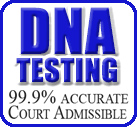
AB DNA Testing Services
Phone: 718-701-0292
We offer New York’s BEST AND MOST AFFORDABLE DNA TESTING with a full range of services to verify family relationships.
We specialize in the following types of DNA tests:
• Paternity • Maternity • Grand-parenting • Sibling Relationship • Biological Relationship Studies • Twin Studies • Deceased Paternity • Forensic Testing • Child Identity Testing • Family Tree and Genealogy Testing
* EVEN LOWER PRICE THAN HOME DNA KITS.
* NO HIDDEN COSTS – Collection kits, photography, and fingerprinting all included.
* 99.9% (OR GREATER) ACCURACY.
* FINAL RESULTS ARE PRESENTED IN A NOTARIZED DOCUMENT IN A CLEAR AND CONCISE FORM.
* ALL RESULTS ARE COURT ADMISSIBLE.
* OVER 15 YEARS EXPERIENCE.
* NO REFERRALS NECESSARY!
* FAST AND PAINLESS SAMPLE COLLECTIONS, USING BUCCAL (Mouth) SWABS.
* SPANISH, PORTUGUESE, FRENCH AND CREOLE SPOKEN.
* PLEASE SEE TRANSLATIONS OF OUR SERVICES IN: SPANISH, BENGALI, URDU, CHINESE AND NEPALESE!
Located In Woodside Queens, easily reachable from all boroughs (Queens, Manhattan, Brooklyn, Bronx and Staten Island), Westchester, Nassau and Suffolk.
We can also schedule DNA tests at our network of collection sites throughout New York city.
Call us. We have found that in many cases, our personalized service can overturn your denial. We will call the passport office or immigration dept. for you and plead your case over phone verbally.
90% of time they will revoke your denial, as long as you get the required information to them quickly.
AB DNA TESTING SERVICES
AB DNA Testing Services © |
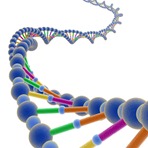 |
718-701-0292 We are open on evenings & holidays! |
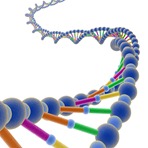 |
Legal Paternity Test: $349
NYS compliant testing only. NO HIDDEN COSTS OR EXTRA FEES.
We do not provide prenatal DNA testing in-house. If you need prenatal testing, we can refer you to a provider we’ve worked with previously:
Prenatal DNA Testing NYC.
AB DNA Testing Services offers a broad range of DNA testing options using certified, accredited laboratories and verified collection procedures.
Do you have questions about DNA testing for paternity? Let’s dive into this topic. Determining paternity can be an essential step for various reasons, including legal matters, child support, inheritance, and personal peace of mind.
DNA testing is the most reliable and accurate method for establishing paternity. In this blog, we’ll discuss the importance of paternity testing, the different types of tests available, the process involved, and how to interpret the results.
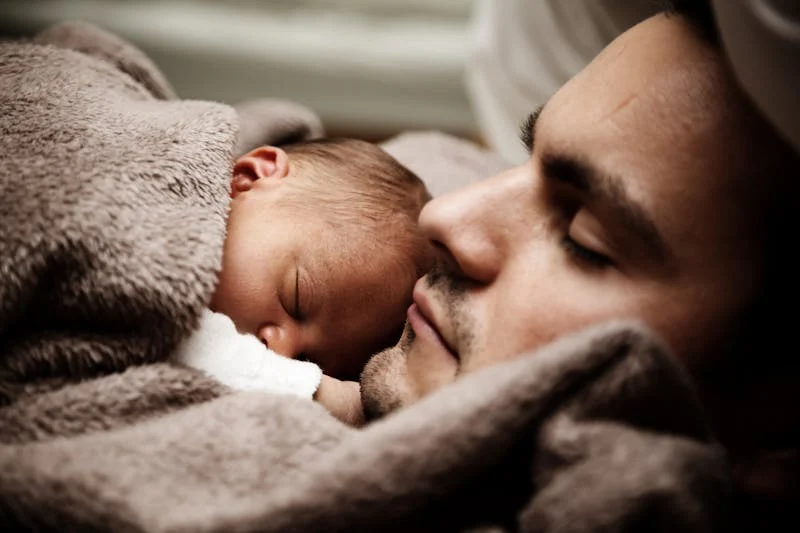
Paternity testing can have significant implications for both the child and the parents. Here are some reasons why establishing paternity is important:
There are several types of paternity tests, each designed for different situations and levels of accuracy.
A home DNA paternity test is a convenient and private option for individuals who want to determine paternity without legal involvement.
A legal DNA paternity test is required for situations where the results need to be legally admissible, such as in child support cases, custody disputes, and immigration matters.
The process of DNA paternity testing involves several key steps to ensure accuracy and reliability.
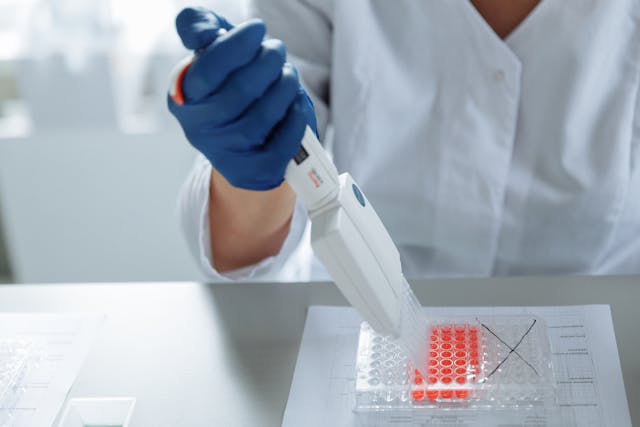
Understanding the results of a paternity test is crucial for making informed decisions.
DNA paternity testing is the most reliable method for determining biological fatherhood, offering clarity and resolution for various personal, legal, and medical situations. By understanding the different types of paternity tests, the testing process, and how to interpret the results, you can make informed decisions and take the necessary steps to address your specific needs.
For professional and accurate DNA paternity testing services, contact AB DNA Testing Services in Queens NY today!
AB DNA Testing Services ©
718-701-0292
Do you need a parents & children familial DNA test? A familial DNA test allows law enforcement to find relatives of an individual they are looking to identify. They use a DNA database to match genetic information. When they fail to find the person through a DNA match, they use familial DNA and search for relatives. These relatives can include parents, siblings, children, and anyone with a blood relation. Law enforcement organizations use this familial DNA to find the relative of any suspect almost every day.
For instance, if the investigating team collects DNA samples but cannot find a match in the database, they look for relatives. However, if that person’s father was previously imprisoned, they find their details from the database. Therefore, law enforcement will search for the suspect’s father to approach them.
By connecting through relatives, authorities will have a better chance of finding the suspect. Below you can find the use of familial DNA searches for criminal investigations.
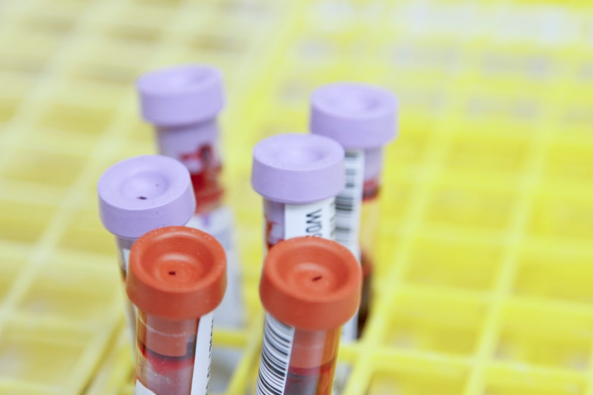
(Source)
With traditional DNA searches, you can only find the exact match for the DNA sample. With traditional DNA testing methods, authorities can find a DNA match of the samples collected from the crime scene.
The matches may differ widely in detail because authorities collect DNA from a lot of convicted criminals. Even the localities and states collect DNA samples of arrested people charged for a crime.
Through the traditional method, they can only find an exact match for the DNA. If the DNA does not precisely match, the search will show no results. However, familial search allows authorities to search extensively by including the relatives from the search database.
The available form of DNA searches limits to men only. That is because it involves the Y chromosomes while analyzing, and only males contain Y chromosomes. With the current version of DNA searches, you cannot find the relatives of a female. Even female relatives do not appear on the DNA sample.
Law enforcement organizations consider familial DNA as a powerful tool for tracking suspects and criminals. However, the civil liberty group criticizes familial DNA and considers it an invasion of privacy. Many argue that this DNA testing method is violating the Fourth Amendment’s protection against unreasonable searches. With this method, the information of the suspect’s relative can fall into the wrong hands.
It is hard to find authorities that perform familial searches using DNA since many organizations are still following traditional methods. Furthermore, only a few states allow law enforcement to find the suspects’ relatives using familial DNA search. The policies are either written or not written in the manuals of the internal laboratory. If they fail to find a match for DNA samples from a crime scene, the authorities will look for relatives.
When children’s DNA forms, they inherit one genetic marker from their father and one from their mother. They inherit these markers in all the locations of a chromosome. While going through a DNA test in a forensic laboratory, scientists assign a number to each type of marker. Relatives have a lot of markers similar to each other.
For a serious crime with exhausted leads, the authorities look for the criminal’s relatives. They do so after running a search on DNA profiles with similar markers and create a list of potential relatives. At the same time, they are considering the samples of the crime scene. They search for Y-chromosomes shared by brothers, sons, and fathers. After the scientist identifies possible relatives, investigators will search for records and find family members in the age group’s DNA samples.
The investigator will then provide the suspect’s name and collect the DNA sample from them to find if their DNA sample matches the genetic evidence collected from the crime scene.

(Source)
DNA testing is helpful for familial DNA testing, but there are various methods in which DNA can help find a person or their parent. Furthermore, DNA can tell a lot about you, such as your health conditions, physical appearance, etc. Therefore, this method can be helpful in more ways than one.
Suppose you are looking for an organization for different DNA testing types—tests like immigration DNA testing, paternity and maternity DNA testing, Criminal investigation, etc. You can contact AB DNA Testing. Our staff and technicians are experts and will provide you the best assistance throughout the process of DNA Testing. For further information, you can contact us at 718-701-0292.
How does the parental DNA testing process work? The most important and popular use of DNA testing is the confirmation of the child’s biological parents. The confirmation of the child’s biological parents is crucial for clearing away doubts regarding the child’s birth. It is also very decisive for children’s rights and custody during conflicts or divorce between the parents.
Although other biological identification tests were in use before the advent of DNA testing process, but blood typing, HLA test, and serological testing were less accurate for determining biological relations. After the introduction of DNA testing during 80s, scientists discovered the potential of DNA testing for identifying biological relationships.
DNA is the unique genetic make-up of an individual. When a baby comes in this world, the mother and father pass on half of their DNA to the baby. The baby’s DNA is a mix of the parent’s DNA with a unique sequence.
For parental DNA tests, we collect a small buccal sample of an individual, and then we obtain and examine the DNA sequence. We then compare the DNA from the samples of the alleged father or mother. The 0% matching gives a negative result. For a positive result, the probability between the parent and the child should be 99.9% or greater.
Although DNA testing process is highly advanced and we perform it very carefully, there are possibilities of false results. DNA tests from proper and certified labs and research centers have hardly any chances of false results. But the following situations can alter the results of a paternal DNA test.
If the DNA paternity test is done for a legal case, either of the parties might want to get hold of the test result and tamper it. Tampering test results is nearly impossible under strict regulations and when a proper and certified lab is performing the test. However, if any party can get hold of the result, they can tamper it for their gain.
Deliberate fraud is not the only reason for false positive and negative results. Errors by the lab during the test process can also give inaccurate results. If you suspect that your test result is incorrect, this might be the reason, and you should have another test.
Even if the candidates are have a relation, the DNA test will not give a 99% probability in usual cases. However, in some instances, it is possible. If the candidate has a relation to the kid, then the lab should conduct the test very carefully, and give results double-checking to be on the safe side.
DNA mutations are alterations in the DNA sequence. They happen spontaneously throughout life and cause no interference in the DNA test result. But if a sperm contains a strand of DNA with mutation, the chances are that paternity test can give false negative result for the father and child. Radioactive rays. especially from chemotherapy, and other sources can induce mutations in DNA. In such cases, using the DNA from the mother can increase the paternity index and give correct test results.
Paternal DNA tests are important when the rights and duties of parents are an issue, and the child’s paternity is in doubt. Getting paternity tests from a proper and certified lab is necessary to remove any chances of error. AABB DNA Testing offers a full range of services to validate family relations. AABB DNA Testing is certified and has court-admissible DNA tests.
Contact us at 718-701-0292 to get the best DNA testing in NYC.